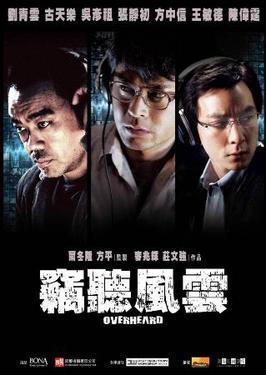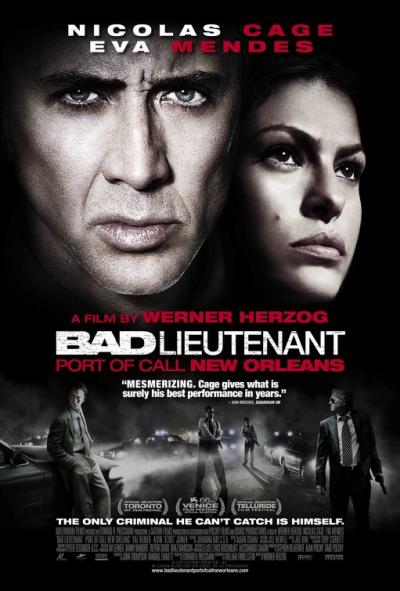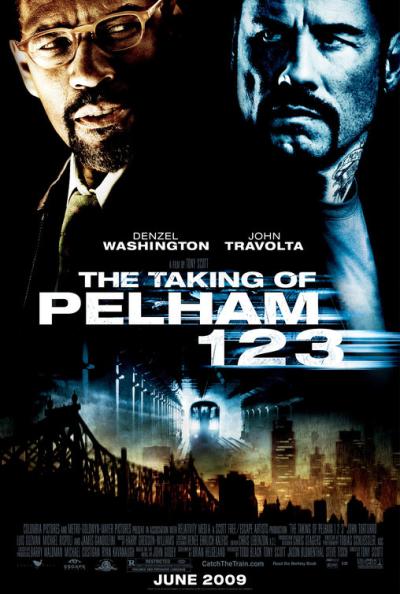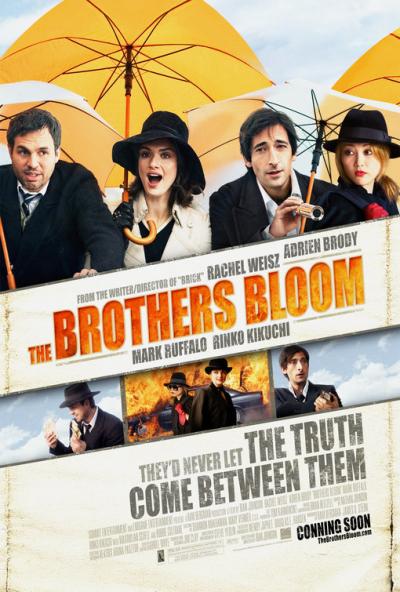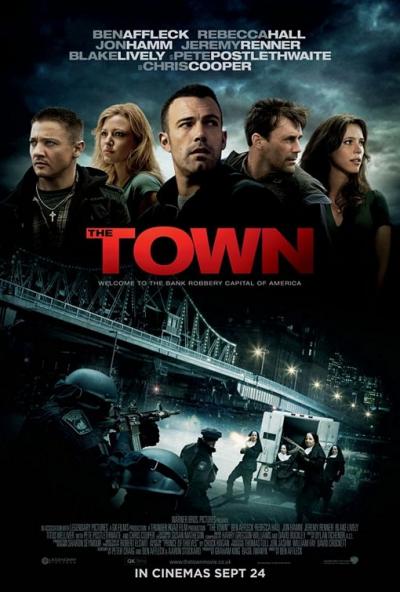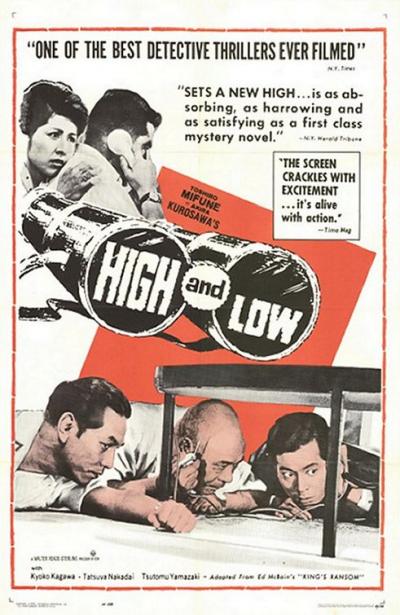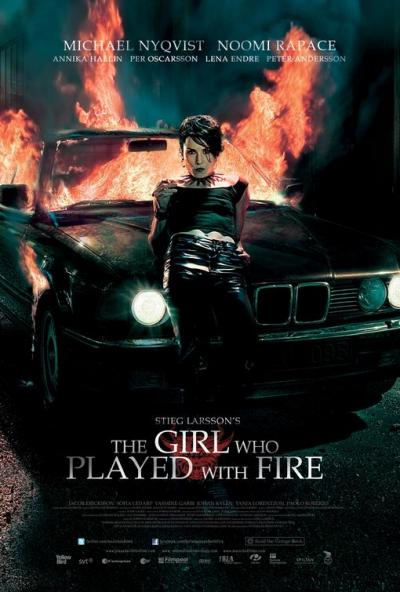(Flickan som lekte med elden)
2009
dir: Daniel Alfredson
Ahhhh. I like it when they make semi-decent movies out of shitty books. It gives me hope for humanity.
For my money at least, The Girl Who Played With Fire was the best of the three books Stieg Larsson shat out onto an unsuspecting world before he died. By ‘best’ I don’t actually mean that it was a great book. I just mean that out of three terribly written books, the second was the least worst of the trilogy.
Since I haven’t seen the last instalment in this series of flicks yet, I can’t say whether this is the best of the three. I thought the first flick, The Girl With the Dragon Tattoo, did pretty well whittling down a phonebook of empty and stolid prose into a competent enough crime investigation flick, with a compelling central character (Lisbeth Salander, not the journalist Blomkvist). She becomes even more central to proceedings here, as the second story, and indeed the rest of the series becomes the All About Lisbeth show.
It opens with Lisbeth (Noomi Rapace) in the Caribbean, lazing away and working on a tan despite clearly, from years lived in the land of the midnightish sun, not possessing a skerrick of melanin throughout her emaciated body. She still bears the tattoos and piercings of her first incarnation, but now she also has a fortune stolen from some tangential business character in the first film.
When she returns to Sweden, after finding out that the sadistic advocate Bjurman (Peter Andersson) is trying to get the tattoo she helpfully gave him removed, she decides to step in and remind him that she’s the one in charge.
This starts a chain of events that results in Salander becoming Sweden’s public enemy number one as she is wanted for several murders, including those of a journalist and his scholar partner writing about the sex trade and human trafficking in Sweden and Europe.
All the while, Mikael Blomkvist (Michael Nyqvist), a pudgy middle-aged journalist, tries to convince the cops that Salander is innocent, and that there is a darker conspiracy afoot, whilst trying to track down Salander herself.
Because this wouldn’t be enough, they throw in Lisbeth’s lesbian lover Miriam Wu (Yasmine Garbi), so that there can be a scene of hot lesbian sex, a giant German guy with white hair who never feels any pain (Micke Spreitz) and some former boxing champ called Paolo Roberto (played by, funnily enough, Paolo Roberto) who gets involved with the crazy goings on.
To say that they’ve pared down the acres and hectares of exposition from the book is an understatement. The makers clearly had two things in mind: leave as much out as they could, and assume that anyone watching has read the books anyway. That works for me, since I have had the singular dishonour of reading all the books, but I fear for the poor viewer of more discriminating tastes who has failed to do their homework.
I guess a lot of it might not make sense, but then it’s not really going to matter anyway. The pleasure, or the point of watching this flick is watching Lisbeth Salander, who seems like one of the Furies from Greek mythology, do her thing. And her thing is a beauty to behold.
That’s not a euphemism for her vagina, in case you’re wondering. Salander is a compelling character because she’s ruthlessly efficient, and because she lacks any of the basic emotions that would stop most people from doing the shit she does. It also helps that, whilst her actions could often be termed sociopathic, her adversaries are truly monstrous motherfuckers.
